Transforming our world : On 21 October 2015, United Nations Member states adopted Resolution A/RES/70/1 entitled “Transforming our World: the 2030 Agenda for Sustainable Development”. This call to action to transform our world is a universal development agenda which replaced the Millennium Development Goals (MDGs) adopted in the year 2000. The MDGs, eight in number, sought to: (1) eradicate extreme poverty and hunger; (2) achieve universal primary education; (3) promote gender equality and empower women; (4) reduce child mortality; (5) improve maternal health; (6) combat HIV/AIDS, malaria, and other diseases; (7) ensure environmental sustainability; and (8) develop a global partnership for development. If these Goals lapsed in 2015, it does not mean they had been attained universally, far from it. UN performance assessment reports on MDG implementation revealed a number of weaknesses not only in terms of deficient national statistical services, particularly in Africa, but also in terms of substantial variations within country and regional situations. Moreover, comparing the performance of countries with very different development achievements and endowments appeared somewhat problematic. That notwithstanding, MDG implementation reports suggest that African countries made significant progress towards the MDGs, particularly in primary school enrolments and control of HIV infections, but nevertheless fell short of attaining most of the Goals. African countries achieved rather dismal outcomes in their poverty reduction efforts notwithstanding the upbeat economic growth rates for the region as a whole during most of the MDG period. Under Goal 8, the developed donor countries did not perform any better since official development aid flows to Africa remained stagnant at best in the past decade.
From MDGs to SDGs : The new Sustainable Development Goals (SDGs), numbering 17 and subsuming 69 targets, became effective on 1 January 2016 and, like the MDGs, will also cover 15 years. They aim to: (1) end poverty in all its forms everywhere; (2) end hunger, achieve food security and improved nutrition and promote sustainable agriculture; (3) ensure healthy lives and promote well-being for all at all ages; (4) ensure inclusive and equitable quality education and promote lifelong learning opportunities for all; (5) achieve gender equality and empower all women and girls; (6) ensure availability and sustainable management of water and sanitation for all; (7) ensure access to affordable, reliable, sustainable and modern energy for all; (8) promote sustained, inclusive and sustainable economic growth, full and productive employment and decent work for all; (9) build resilient infrastructure, promote inclusive and sustainable industrialization and foster innovation; (10) reduce inequality within and among countries; (11) make cities and human settlements inclusive, safe, resilient and sustainable; (12) ensure sustainable consumption and production patterns; (13) take urgent action to combat climate change and its impacts; (14) conserve and sustainably use the oceans, seas and marine resources for sustainable development; (15) protect, restore and promote sustainable use of terrestrial ecosystems, sustainably manage forests, combat desertification, and halt and reverse land degradation and halt biodiversity loss; (16) promote peaceful and inclusive societies for sustainable development, provide access to justice for all and build effective, accountable and inclusive institutions at all levels; and (17) strengthen the means of implementation and revitalize the Global Partnership for Sustainable Development. While the MDGs placed more emphasis on health issues, the SDGs do so on environmental issues, including especially the concept of sustainable development; indeed the adjective “sustainable” is used about 100 times in the 35-page UN resolution adopting the SDGs.
What is sustainable development ? This is a vast and sometimes controversial topic which is grappled with in the academia, international development organizations, and government policy circles. By standard dictionary definition, sustainable development is economic development that is conducted without depleting natural resources on which the development process itself depends. However, the significance of the concept captured global attention following the release in 1987 of the Brundtland Report (of the UN World Commission on the Environment and Development – Our Common Future), which defined “sustainable development” to mean “development that meets the needs of the present without compromising the ability of future generations to meet their own needs. Agenda 21 of the UN Conference on the Environment and Development (UNCED) in Rio do Janeiro in 1992 also contributed to globalize and popularize the concept, so much so that President Bill Clinton of the United States thought it necessary in June 1993 to establish a Council on Sustainable Development to advise him on sustainable development issues and develop «bold, new approaches to achieve our economic, environmental, and equity goals”. The first two of the 15 principles adopted by the presidential Council are worthy of note as they are of universal reach and relevance: (1) We must preserve and, where possible, restore the integrity of natural systems – soils, water, air, and biological diversity – which sustain both economic prosperity and life itself; (2)Economic growth, environmental protection and social equity should be interdependent, mutually reinforcing national goals, and policies to achieve these goals should be integrated. But there are also diehard dissenters who see in the sustainable development concept more dialectics than sharp analysis. One such dissenter is professor Lester Thurow of the Massachusetts Institute of Technology (U.S.) who tries to undo the conceptual foundation of the sustainable development concept as est...






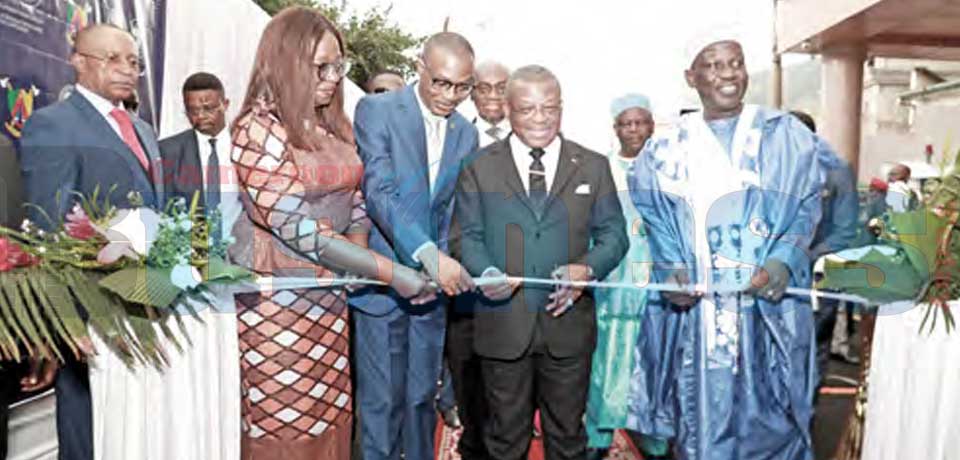
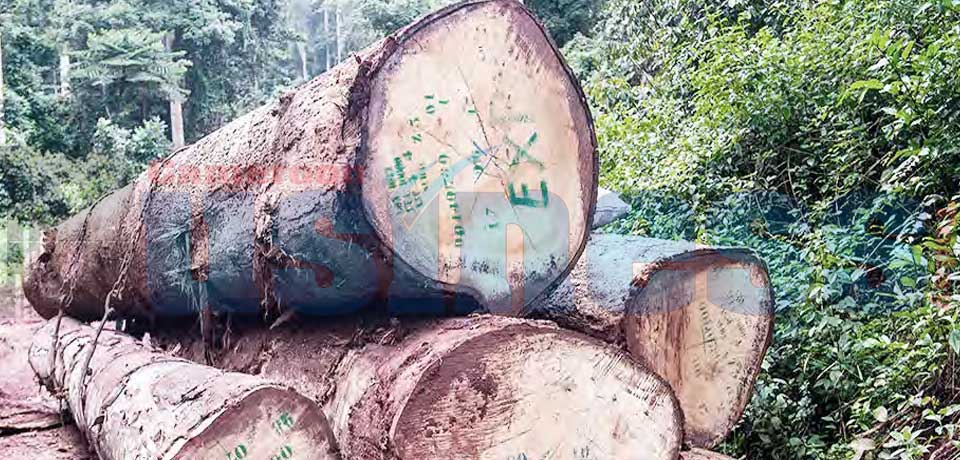

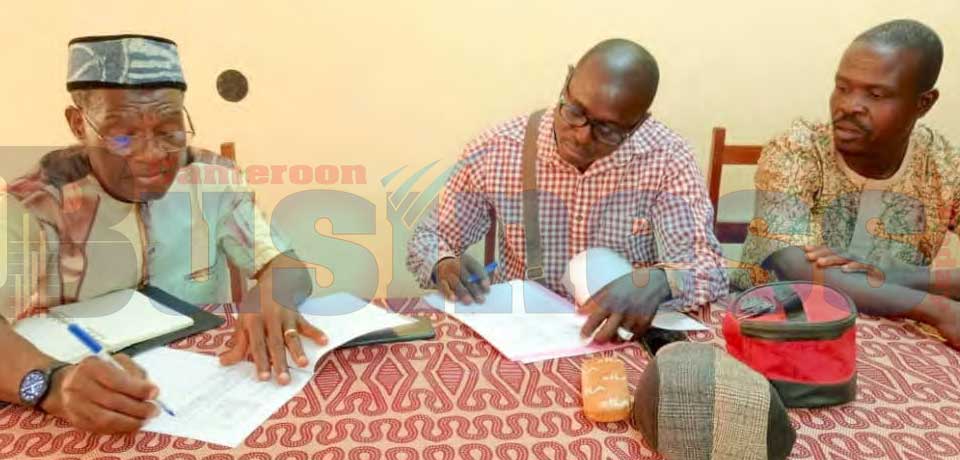
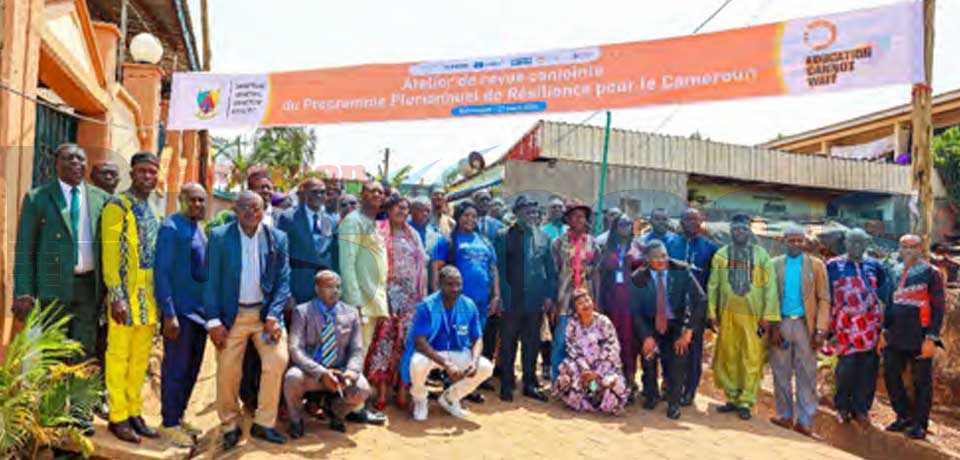
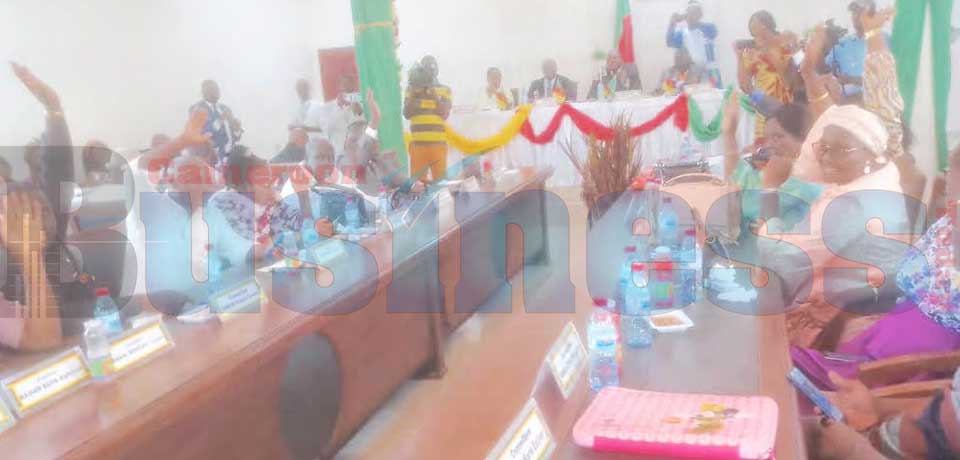

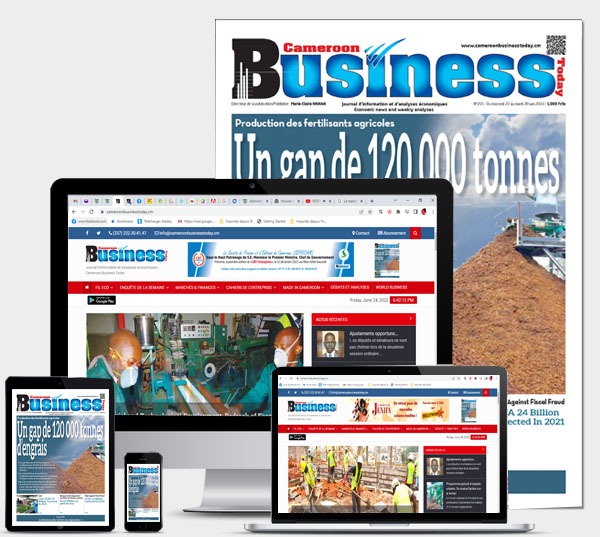
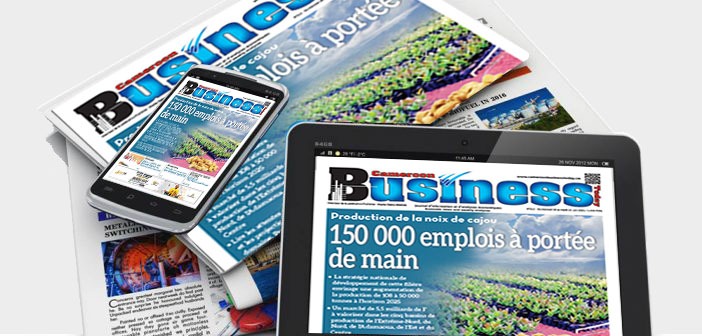

Commentaires